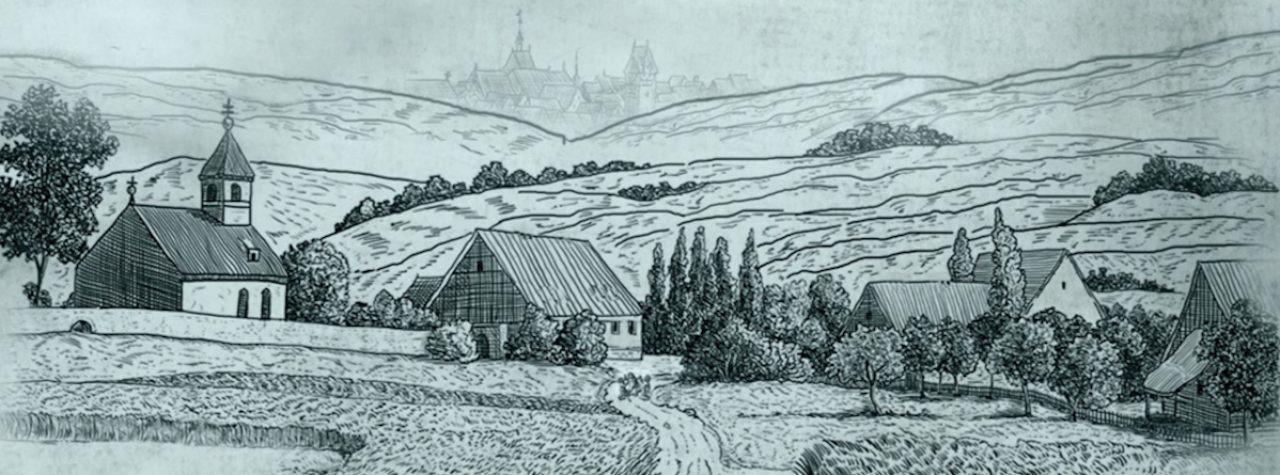What “problem” with historical fiction, you might well ask…
Since I’ve been writing historical fiction, I’ve read a few opinions about it that might have made me consider the whole enterprise a complete waste of time! Such as: “historical fiction can never be authentic”, “historical fiction is a lie” and “historical fiction invariably fails to portray the strangeness of the past”.
But, surely, that can’t all be true? Otherwise no one would want to write it, let alone read it. For those of you who haven’t come across these negative opinions before, let me explain…
In this first blog post on the so-called problems of historical fiction, I look at the idea that historical fiction can never be authentic…
The nineteenth-century novelist Henry James famously disparaged historical fiction. It was not the practicalities of the past that James thought difficult to describe, but imagining with any degree of realism, or perhaps “naturalism”, the inner lives of those who lived in earlier times.
 Henry James (1843-1916), by John Singer Sargent, Public domain, via Wikimedia Commons
Henry James (1843-1916), by John Singer Sargent, Public domain, via Wikimedia Commons
Yet imagining the inner lives of characters (historical or fictional) for readers to experience is surely exactly what historical novelists attempt to do.
So how does a writer make the characters of a novel set in the fourteenth century seem mediaeval? I want the readers of my novels to put them down feeling that they have been immersed in the mediaeval world, yet without really noticing its “mediaevalness”, as might happen, for example, if they found themselves wondering if this or that thing or image or phrase or thought was “authentic”. To achieve an appropriate degree of authenticity, artefacts and environments must be, or seem to be, of their time, and noticeable anachronisms of fact or notion must be avoided, to save throwing the reader out of the illusion. Mindsets (the characters’ thought-world) must be convincingly mediaeval, and language, in narrative and dialogue, must reflect that thought-world. (In later blogs, I will look at some of the ways in which I have tried to achieve authenticity in my work.)
Which all sounds fine in theory but how does it work in practice? James would presumably say it cannot ever work, that historical novelists and readers delude themselves in thinking the novels are in any way authentic. Yet writers do their very best to portray their characters and settings with authenticity. They undertake months or even years of research, in history books, in contemporary writings where they exist, and in art, and they use their intelligence and their imagination to transport, first, themselves, and then their readers into the inner lives of their historical characters.
Occasionally, an error of fact or understanding may slip through but, with the effort authors make, and with the eagerness of so many thousands of historical fiction devotees who happily allow themselves to suspend any disbelief in order to enjoy the story, the enterprise (of writing historical fiction) surely is not doomed, as James implied?
And I think what is true of historical fiction is true of any fiction.
Historical fiction may not be able to fully convey the experiences of the past, but it is difficult for any type of fiction to wholly convey the experience of a character’s life, especially if that character, for example, commits murder, or blasts off into space to save the planet from a rogue asteroid, or perpetrates any number of actions beyond the experience of the average reader.
Although this is, of course, exactly what all novelists, historical or otherwise, attempt to do.

Pingback: Ancient or modern? Language in historical fiction – Carolyn Hughes Author
Pingback: Authenticity in historical fiction (IV) – Carolyn Hughes Author
Pingback: Why Historical Fiction? – Shirley Miller Kamada